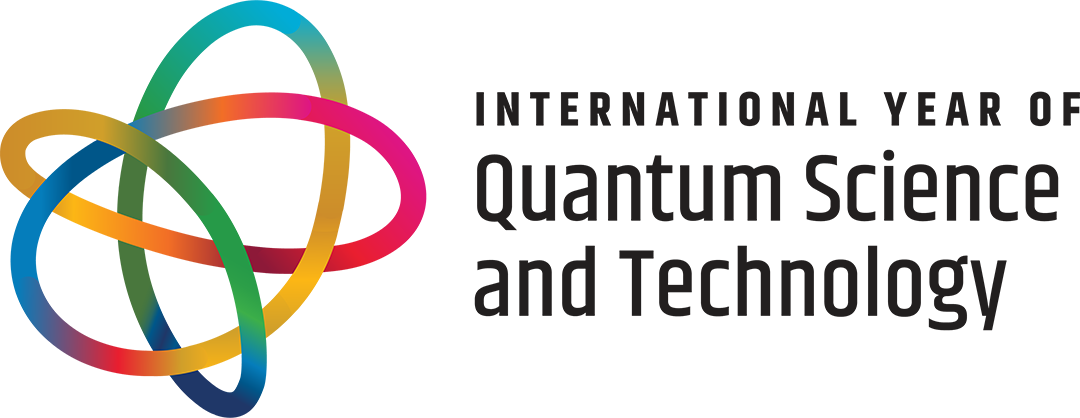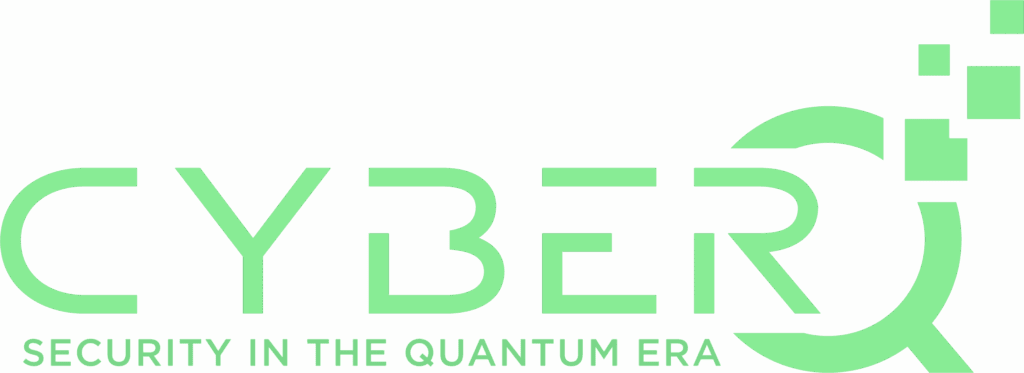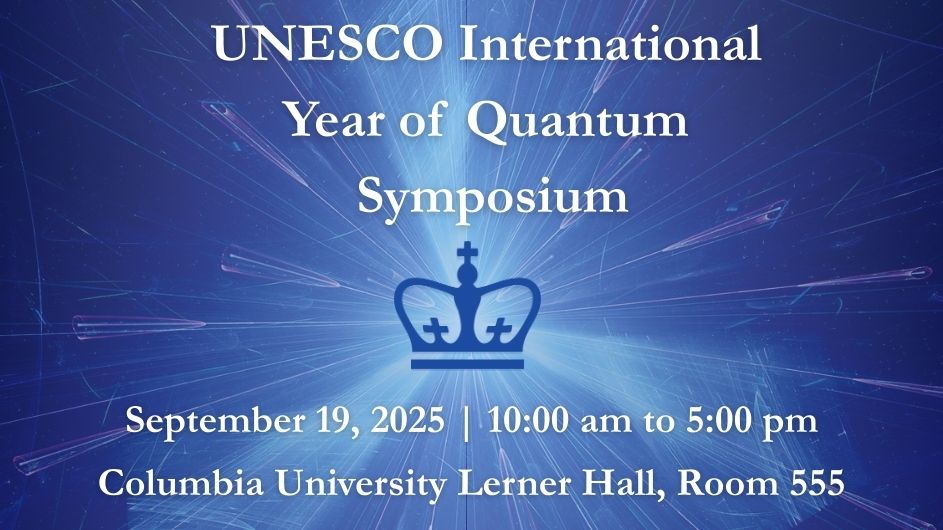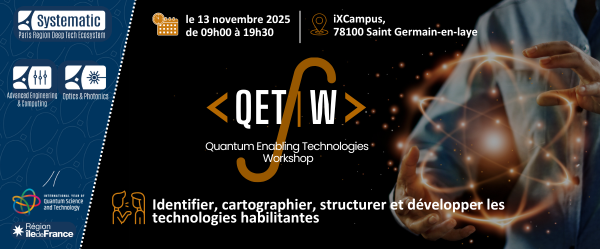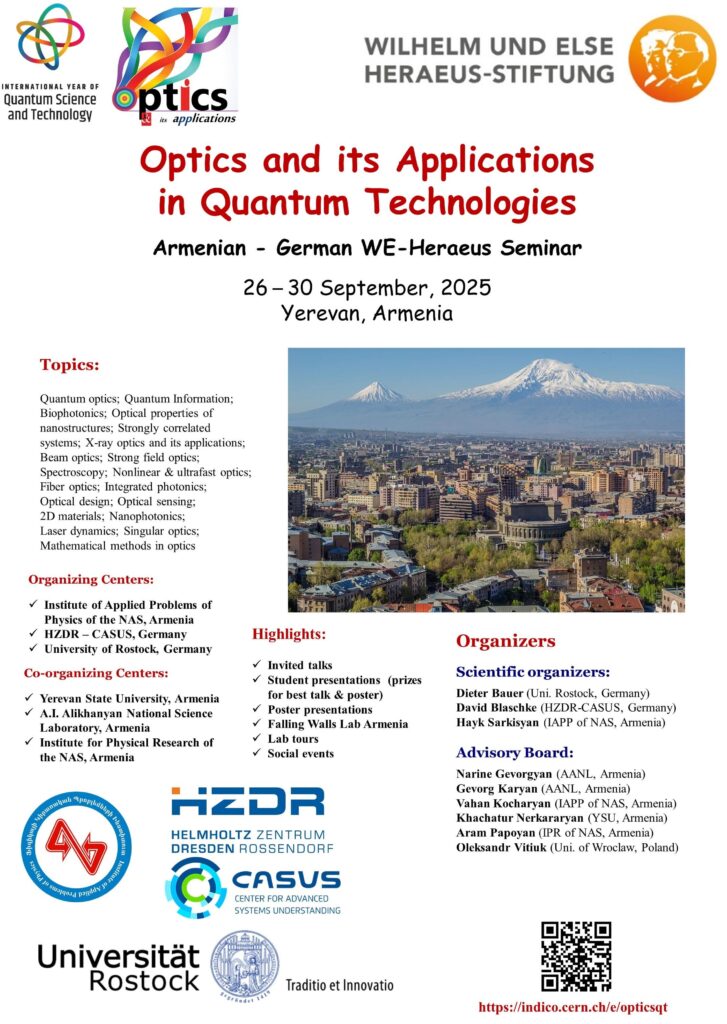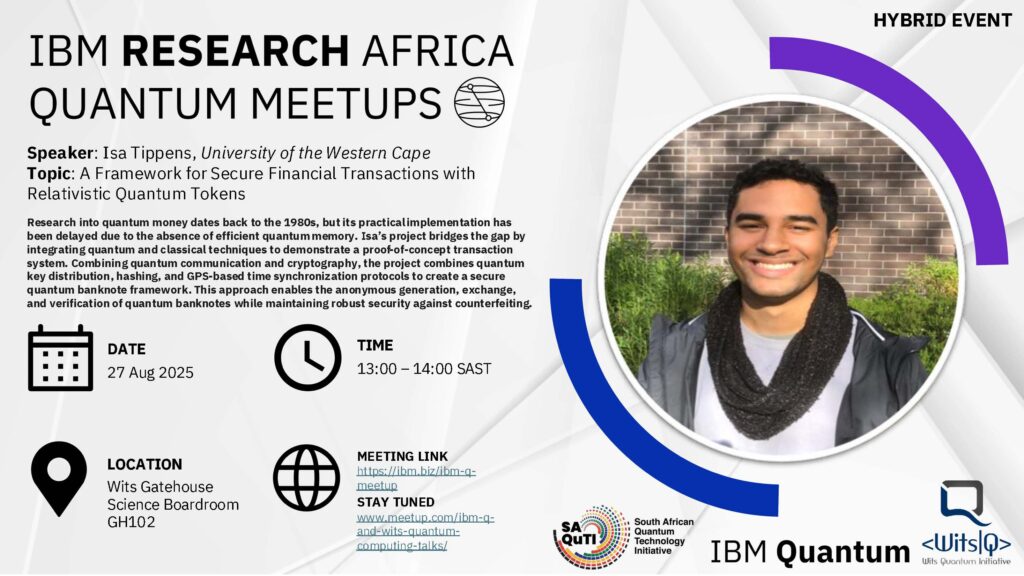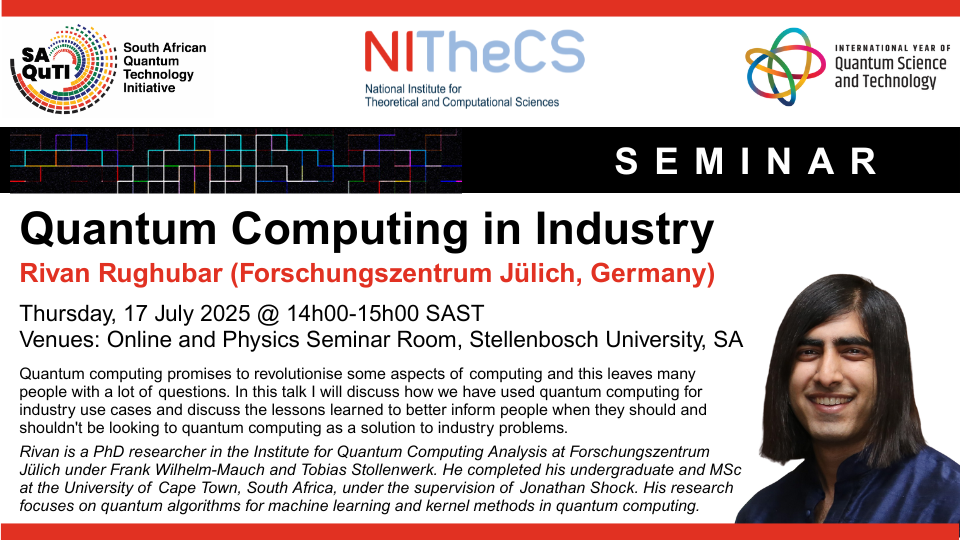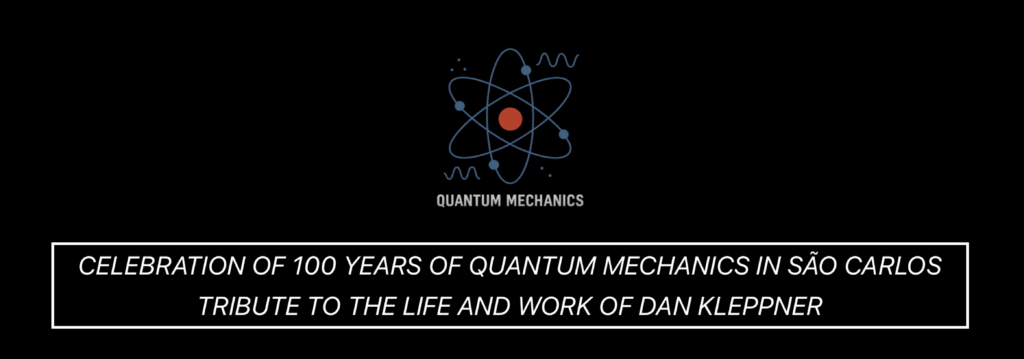We are delighted to invite you to our inaugural event of the Quantum Women’s Network in New York City!
Quantum Women’s Network is a community dedicated to supporting women and girls who work — or aspire to work — in the field of quantum technologies. We celebrate and value diverse contributions to this growing field, spanning education, business development, advocacy, partnerships, strategy, hardware innovation, and algorithm design.
Our mission is to build a supportive network that empowers women and girls to thrive in quantum technologies, each from their own perspective. To achieve this, we organize various initiatives, including networking events where we come together to connect, share experiences, and strengthen our community.
This inaugural gathering marks the beginning of our journey, and we plan to host these events monthly in NYC moving forward.
📩 If you would like to learn more about our plans or get involved, feel free to reach out at quantumwomennetwork@gmail.com.
We look forward to seeing you there and building this network together!

